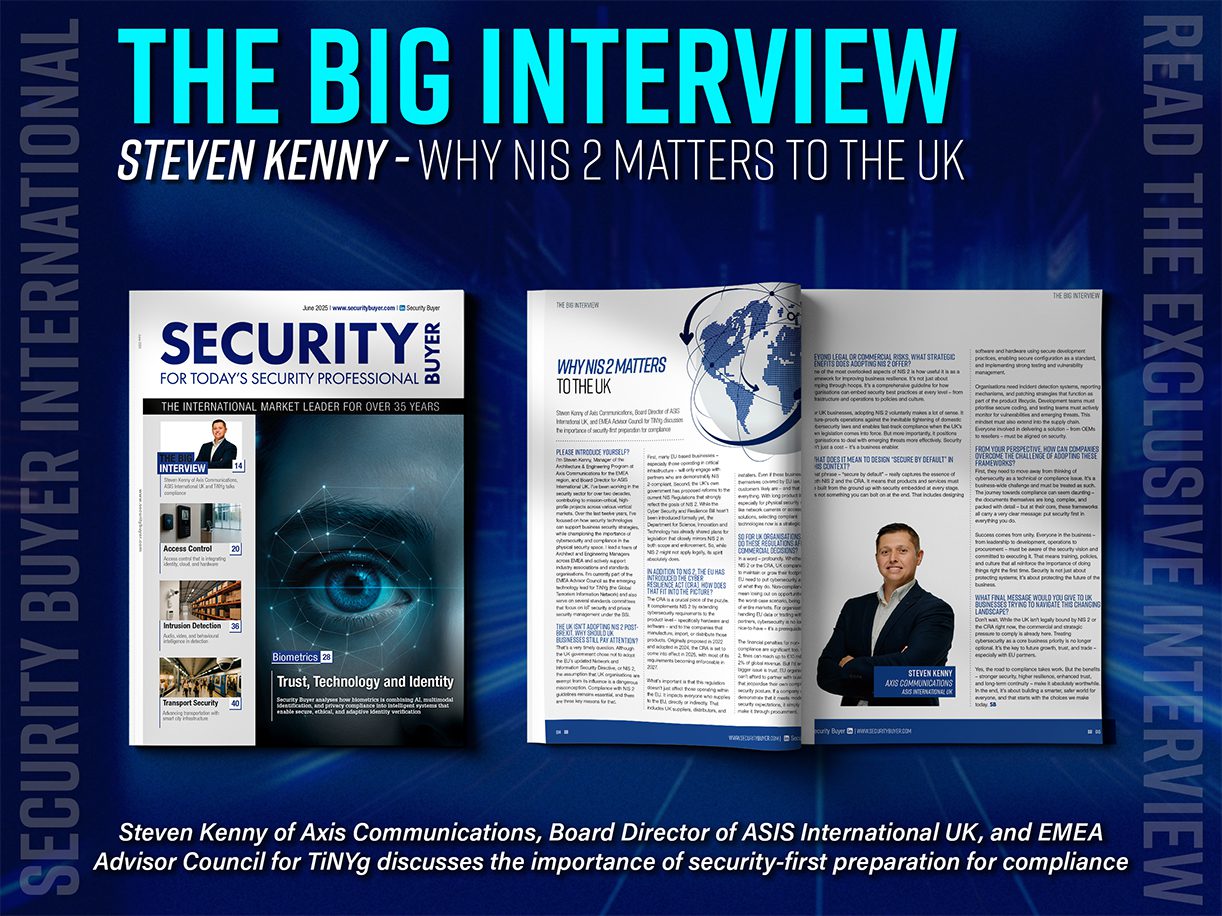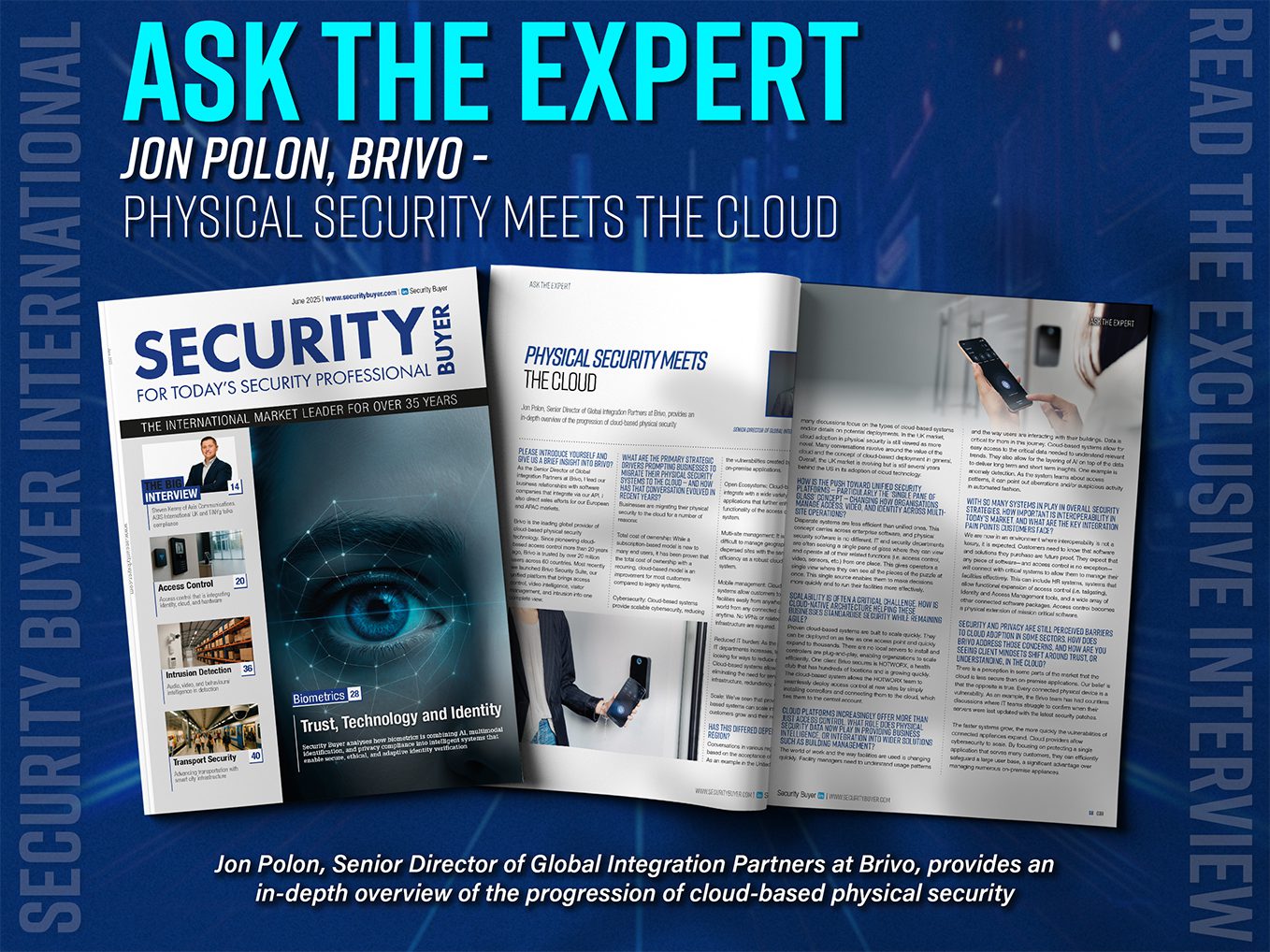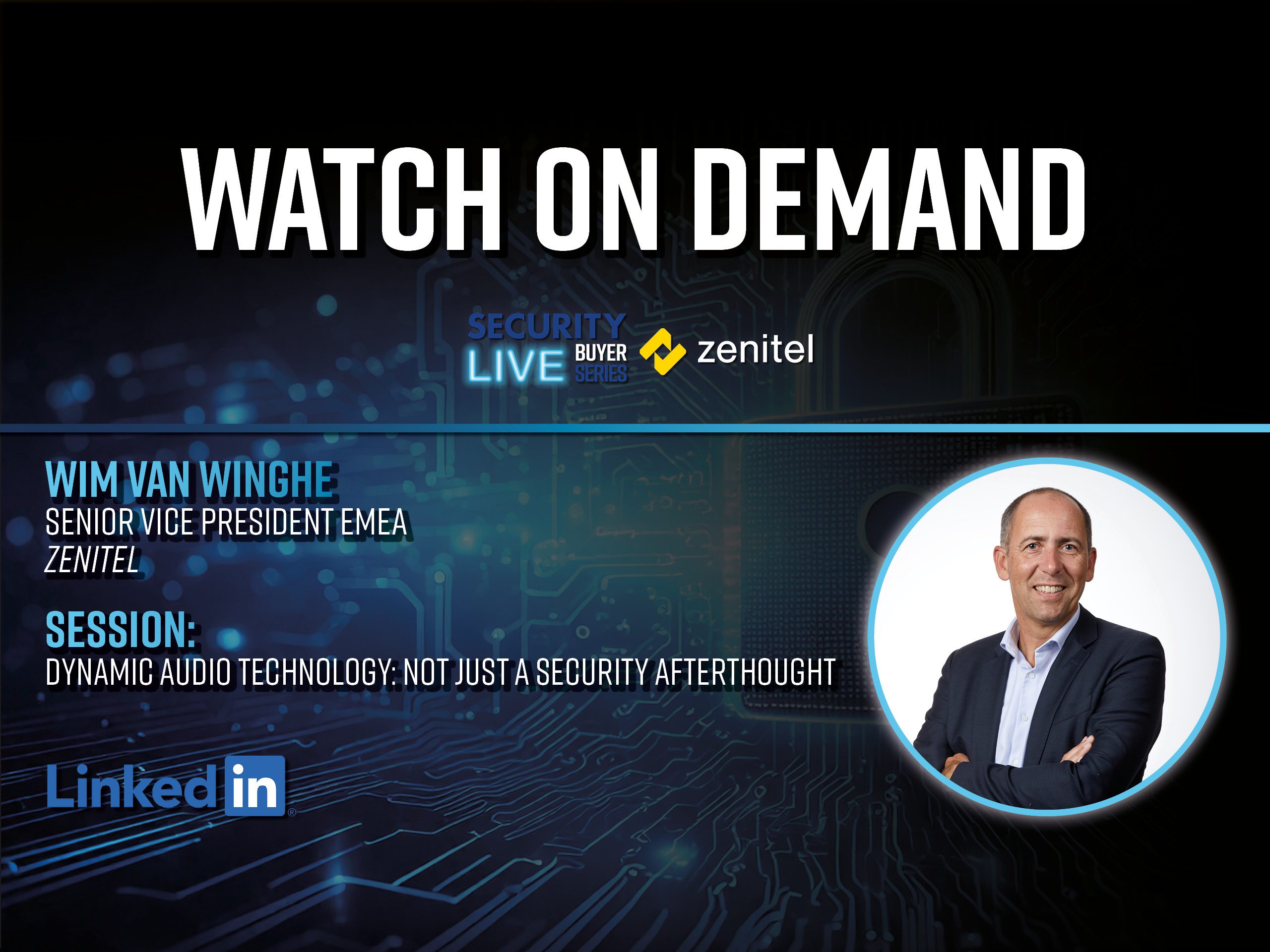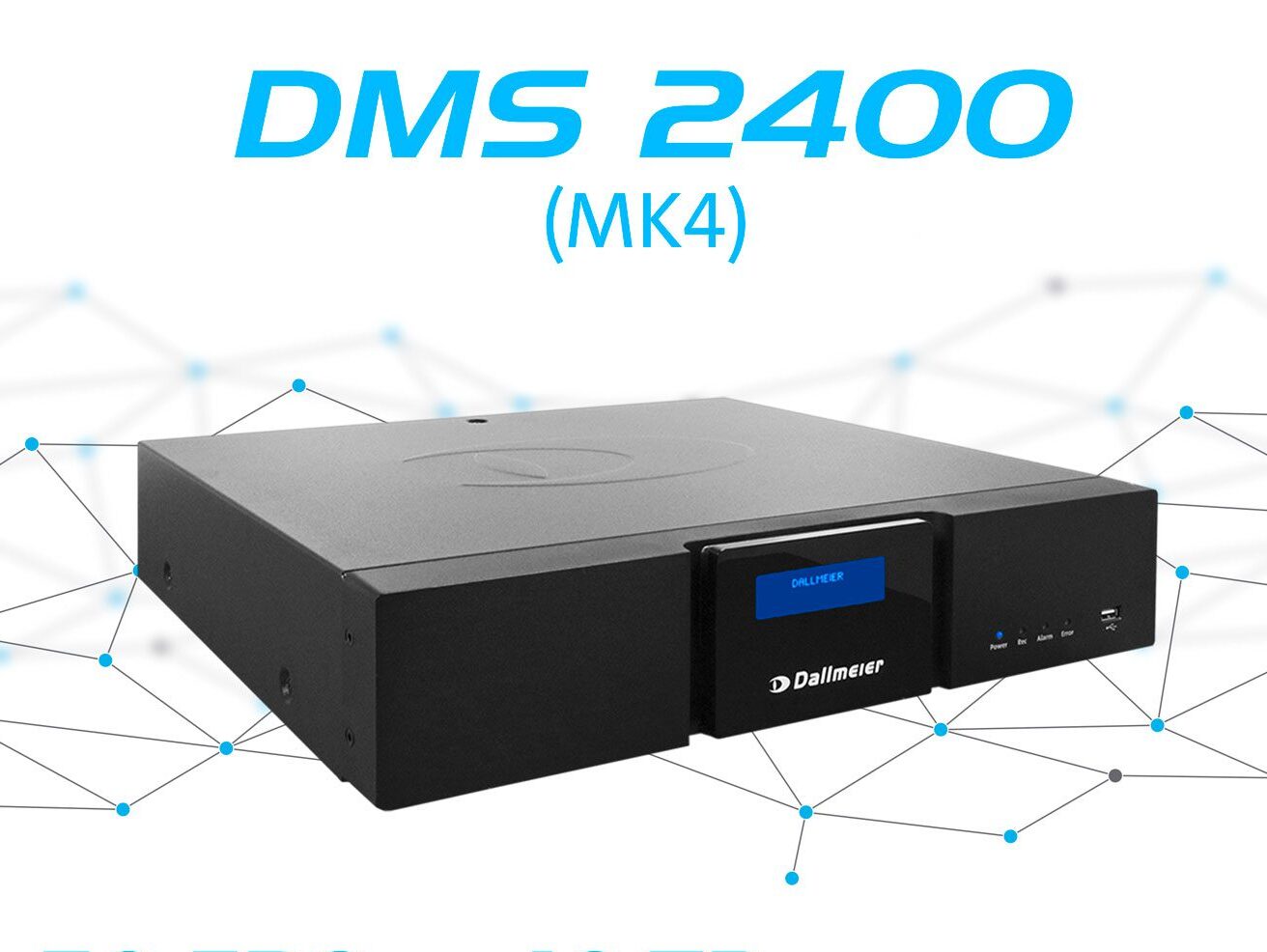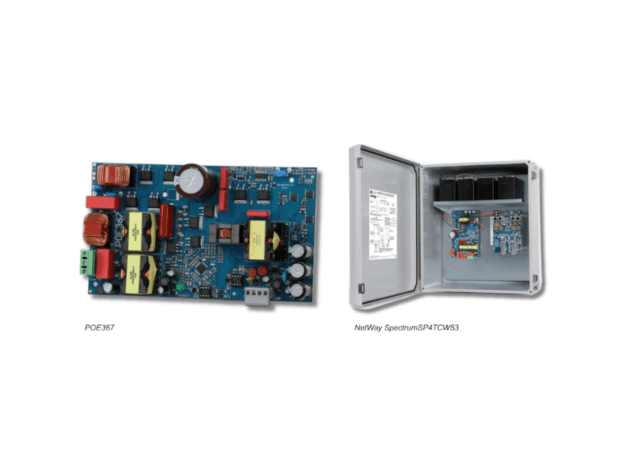Security Buyer UK talks exclusively to Alex Carmichael, Chief Executive, SSAIB, to find out the ins and outs of certification in the security industry
How did SSAIB come about and why was it formed?
The beginnings of SSAIB stretch back to 1990, when the Security Services Association (SSA) was formed in North Shields, Tyne and Wear.
However, by 1994, the SSA firms wanted to be third-party inspected and – as there was no certification body servicing the needs of small firms – it was agreed to re-constitute the SSA as an inspectorate and the Security Systems and Alarms Inspection Board (SSAIB) was formed.
Since then, SSAIB has grown to become the leading certification body for organisations providing security systems, security services, fire alarm systems and services. As the security and safety industry continues to evolve, SSAIB will be at the vanguard of ensuring that there is a high-class third-party certification to support the micro-SME market.
Why is SSAIB certification important to the industry and what benefit(s) does it bring to firms?
Quite simply, SSAIB certification is a mark of excellence. Our approach is inclusive of small and larger providers alike and we have over 1,900 companies registered, which means that we represent the greatest number of security and fire service providers in the sector.
Third-party certification plays an increasingly important differentiator role in enabling firms to compete and show excellence in the marketplace, while access to some market sectors may be conditional on having it.
We are focused on meeting the certification needs of the security industry and will develop additional schemes as the industry requires. The objective of SSAIB is to contribute to raising standards and ensuring our schemes add value to the businesses we register, which will continue to be our guiding principle.
How does SSAIB help to shape standards?
SSAIB promote high standards of service, within the community of electronic security, security services and fire system and service providers – in the interests of end-users.
This is achieved through rigorous assessment of providers against SSAIB’s scheme criteria and British, European or International Standards, maintained by regular and ongoing audits of management systems and inspection of systems.
We also strongly participate in the development of standards at a British and European level and respond to consultations on regulations to ensure that they are appropriate and workable for the micro-SME market, while also maintaining close liaison with the Police, Fire services and insurance industry – in order to ensure ongoing support for our activities.
What changes did SSAIB implement to ensure continued service throughout lockdown and what support was given to firms who were struggling during the pandemic?
When COVID-19 first began to spread, we monitored and prepared for the potential impact of it on our business and put into practice our business continuity plan – by changing our established processes, procedures and policies and enhancing our IT systems and support.
Our staff instantly moved to remote working, and – at the same time – we updated our auditing guidelines and carried out auditor training on a remote basis. We also developed the processes registered firms needed to complete to enable audits to be conducted remotely, so that we were able to start our remote audit programme plan within a week of the official lockdown announcement.
As the Government guidelines evolved, we amended our audit plans to also allow on-site audits to be conducted on a ‘risk-based’ footing.
We harboured two main aims during this period of disruption. The first of these was to ensure the ‘scheme holders’, such as the Police, BAFE and the Surveillance Camera Commissioner, etc, were happy with the processes and procedures we had put in place.
By ensuring we carried on auditing throughout the pandemic, we gave the scheme holders the confidence that our registered firms continued to meet the necessarily high standards set for these vital procedures.
Our second aim was to ensure that our registered firms were fully supported during this time and that they understood the changes we had made to our auditing procedures to support them. With those two aims being achieved, remote auditing carried on until such time as the Government restrictions were sufficiently eased.
And how did the audit process change for certification when lockdown prevented site visits for auditors?
The new method of auditing I’ve just mentioned required registered firms to provide SSAIB with documents, procedures and records well in advance of an audit taking place. This allowed audits to be carried out in a more structured and, therefore, efficient manner using video conferencing software to retain that face-to-face element.
We relied on remote auditing for both new certifications and annual inspections for the first three months of lockdown, before we had successful trials of on-site audits in the summer.
Once it was safe enough to start reintroducing site audits, all of our auditors were issued with necessary PPE and carried out pre-visit safety checks before they attended site to absolutely ensure that it was safe to do so. For their part, registered firms also made certain that their site(s) were COVID-19 secure prior to the audit.
What is the new normal for SSAIB and what lessons were learnt by the organisation during the last 18 months of uncertainty and upheaval?
These last 18 months have been an interesting time for both our auditors and our office staff. They essentially had to learn new techniques and new audit procedures, while also keeping up to date with changes to standards.
It fell to SSAIB’s compliance manager Paul Phillips and field operations manager David Roscoe to sort out the “new normal” with regards to the changes made to our procedures and processes that were required to meet the challenges of COVID-19. They developed new procedures, ensured auditors received the required training and made certain of our ongoing compliance with UKAS requirements.
This pandemic was tough, challenging and difficult. However, we didn’t close our doors. We adapted, we amended our processes and procedures and we developed new ones as and when necessary.
Our aim throughout was to ensure that we continued to support our registered firms as key workers by providing a first-class certification service in what was very trying circumstances indeed.
I believe we more than achieved our aim, ensuring our registered firms could carry on serving their clients in as normal a manner as possible given the circumstances. Because of this, SSAIB will continue to offer the best certification service in the industry – as we fully recognise the needs of the micro-SME market and our stakeholders.
To stay up to date on the latest, trends, innovations, people news and company updates within the global security market please register to receive our newsletter here.
Media contact
Rebecca Morpeth Spayne,
Editor, Security Portfolio
Tel: +44 (0) 1622 823 922
Email: [email protected]

